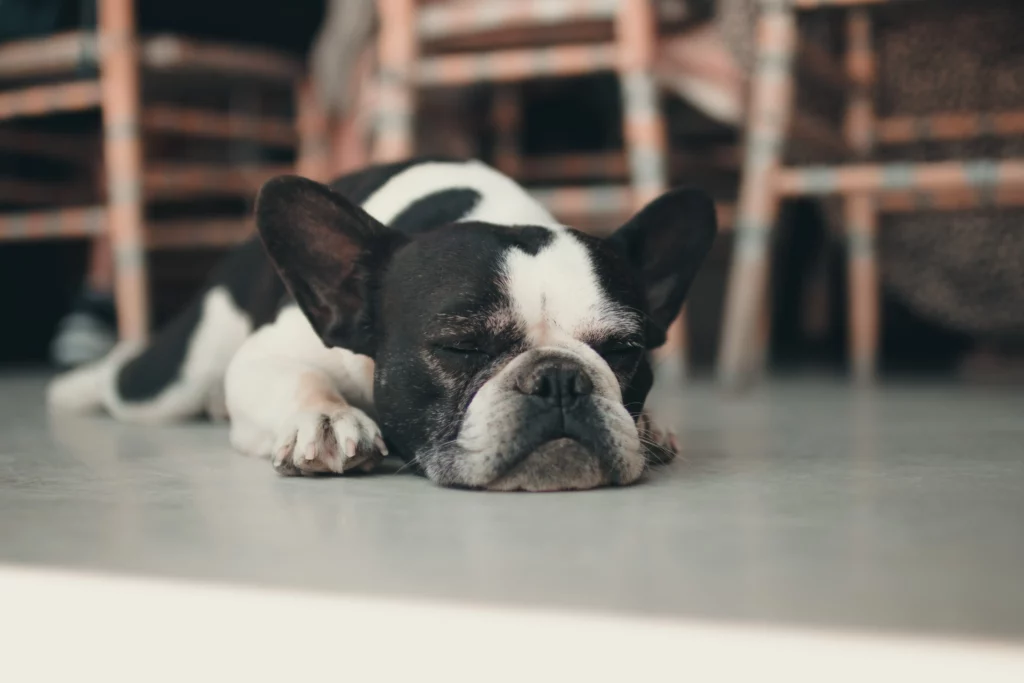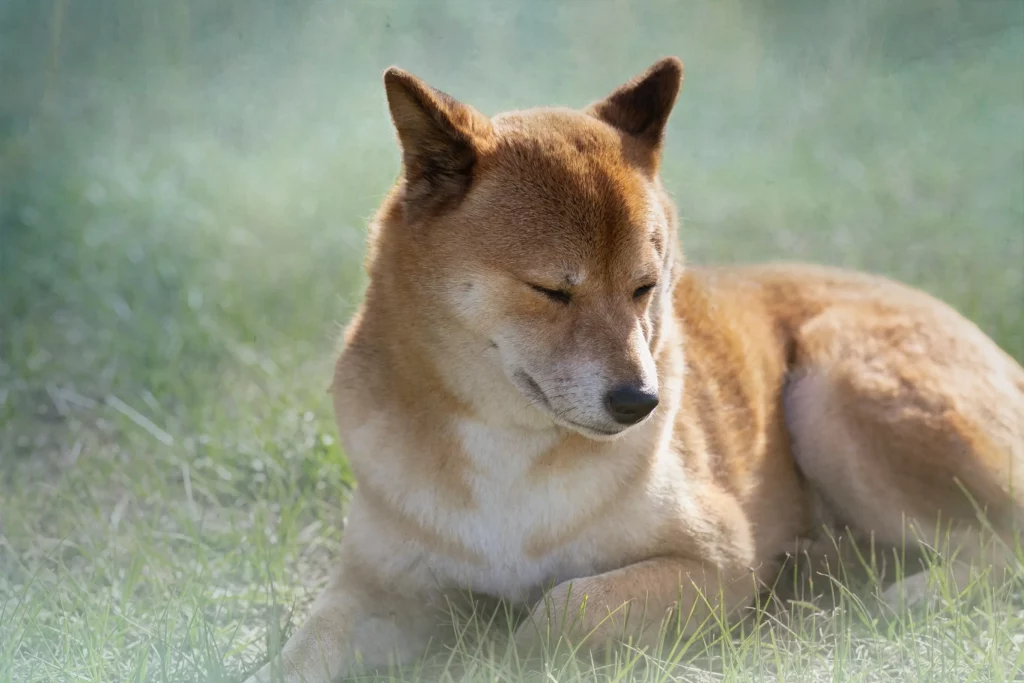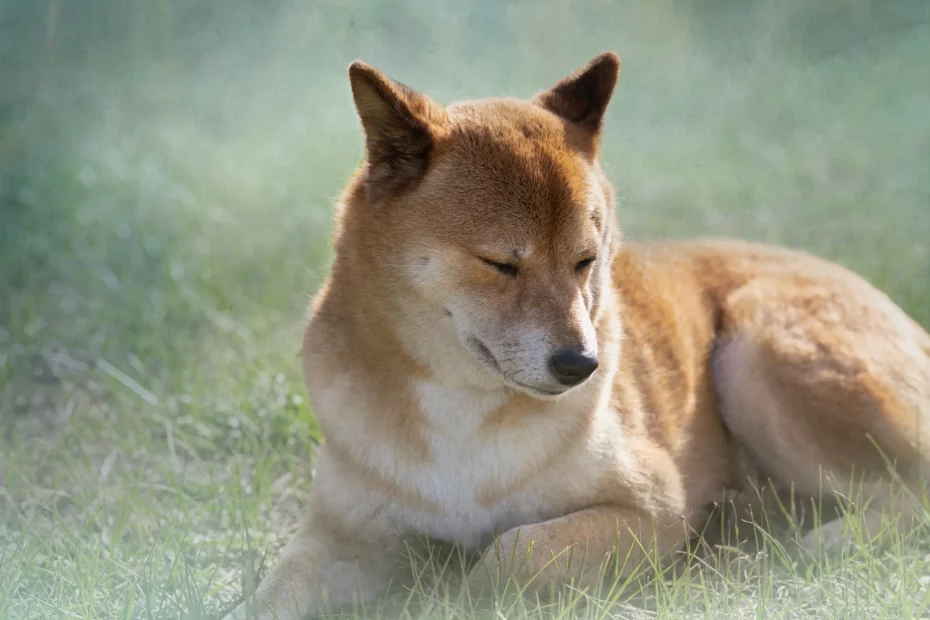Dog Won’t Stop Sneezing? Dogs have a well-documented propensity for sneezing. Many scientists believe that this behavior is rooted in the dog’s evolutionary history. Dogs were originally domesticated as hunting companions, and their sneezing may have served as a way of releasing scent from their noses.
If your dog is sneezing and it won’t stop, you can do a few things to help. First, make sure they are not allergic to anything in their environment. If they are, try to remove the allergen from their environment. Second, try giving them a teaspoon of honey. Honey has natural anti-inflammatory properties that can help to soothe your dog’s throat and reduce sneezing. Finally, if your dog’s sneezing is severe, you may need to take them to the vet for a check-up.

Scientific Reasons for Dog Sneezing:
There are many scientific reasons why dogs sneeze. One theory suggests that dogs sneeze in order to rid their noses of pollen or other allergens. Another theory suggests that dogs sneeze in order to clear their throats.
Psychological Reasons for Dog Sneezing:
There are also many psychological reasons why dogs sneeze. One theory suggests that dogs sneeze in order to get attention. This theory is supported by dogs sneezing when their owners are not paying attention to them. Another theory suggests that dogs sneeze in order to release stress or anxiety. This theory is supported by the fact that dogs often sneeze when they are in a stressful situation.
Practical Reasons for Dog Sneezing:
There are also many practical reasons why dogs sneeze. One theory suggests that dogs sneeze in order to keep their noses moist. This theory is supported by the fact that dogs often sneeze when their noses are dry. Another theory suggests that dogs sneeze in order to keep their sinuses clear. This theory is supported by dogs sneezing when they have a cold or sinus infection.
Reverse sneezing in dogs
Reverse sneezing in dogs is a relatively common occurrence and can be caused by a variety of factors, including a cold, a virus, or a respiratory infection.
In some cases, the sneeze may be reflexive, and simply happen when the dog breathes in. In other cases, reverse sneezing may be a sign of a more serious condition, such as a chronic sinus infection. Reverse sneezing in dogs can be treated with a variety of remedies, including over the counter medications and home remedies.
If you’re concerned that your dog is experiencing reverse sneezing, it’s important to seek out veterinary care.

Dog reverse sneeze remedies
There is no cure for a dog reverse sneeze, but there are some remedies that may help lessen the severity of the symptoms.
One remedy is to keep the dog cool and dry. This will help to reduce the chances of the sneeze spreading.
Another remedy is to give the dog a cough medication. This may help to clear the throat and prevent further respiratory problems.
A final remedy is to keep the dog hydrated. This will help to reduce the swelling and inflammation that can occur during a reverse sneeze.
My dog won’t stop reverse sneezing – tips for preventing a dog from reverse sneeze
- Keep your dog healthy by providing them with a balanced diet and plenty of exercise.
- Avoid exposing your dog to any irritants, such as smoke, pollen, or chemicals.
- Keep your dog’s nose clean by regularly cleaning its nostrils with a damp cloth.
- Make sure your dog is vaccinated against common diseases.
- Keep your dog’s environment clean and free of clutter.
- Avoid training your dog to reverse sneeze. This can lead to over-exposure to irritants and an increased risk of your dog developing an allergy.
- If your dog does develop an allergy, take steps to lessen its exposure to allergens. This might include keeping your dog indoors during pollen season, providing a humidifier in their environment, or using a dust mask when vacuuming.
Conclusion: Dog Won’t Stop Sneezing
There are many scientific, psychological, and practical reasons why dogs sneeze. However, the exact reason why dogs sneeze is still unknown.
Some dogs may experience a reverse sneeze when they are exposed to an allergen, trying to expel a foreign body, clear their throat, and expel secretions, to clear their nose.
